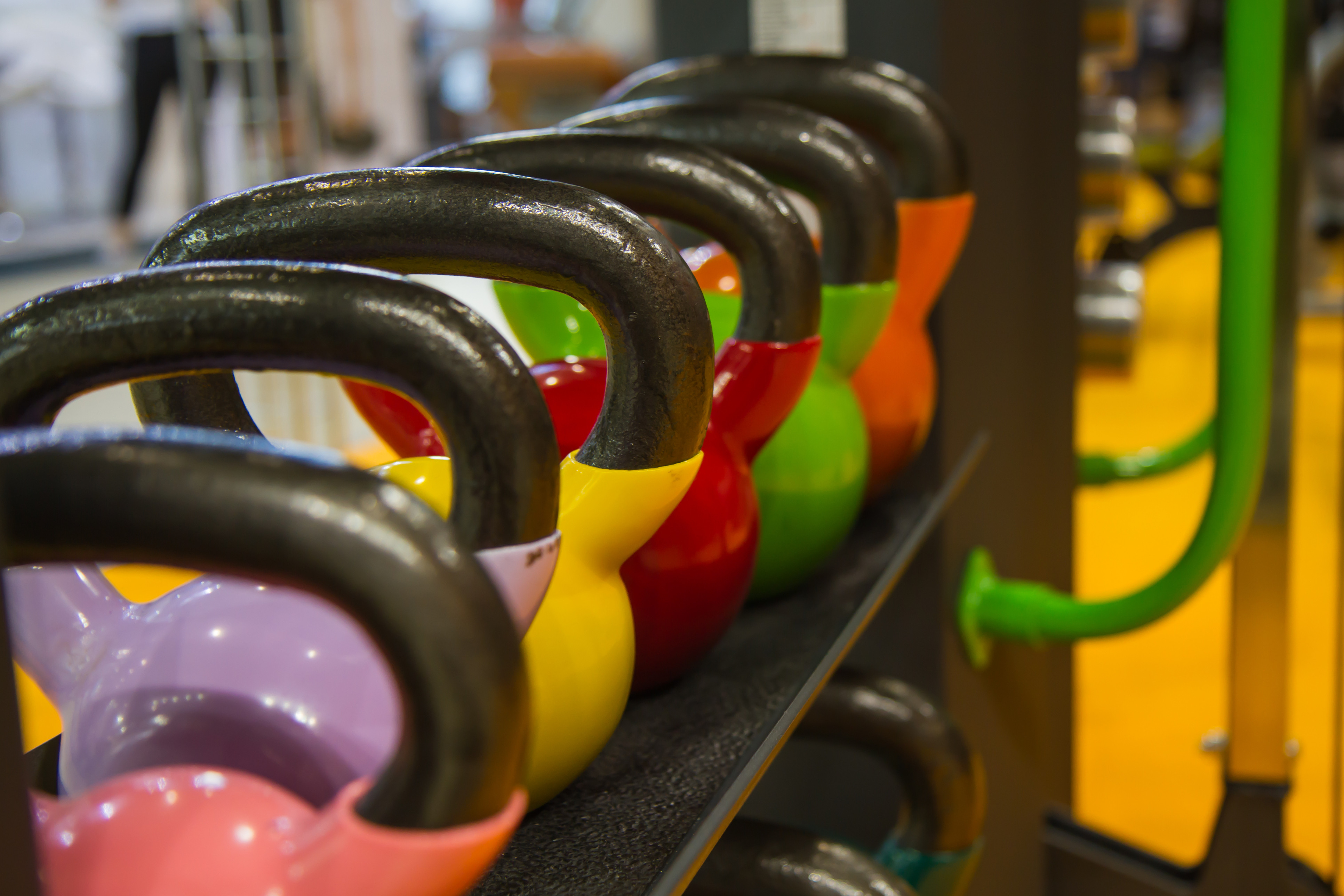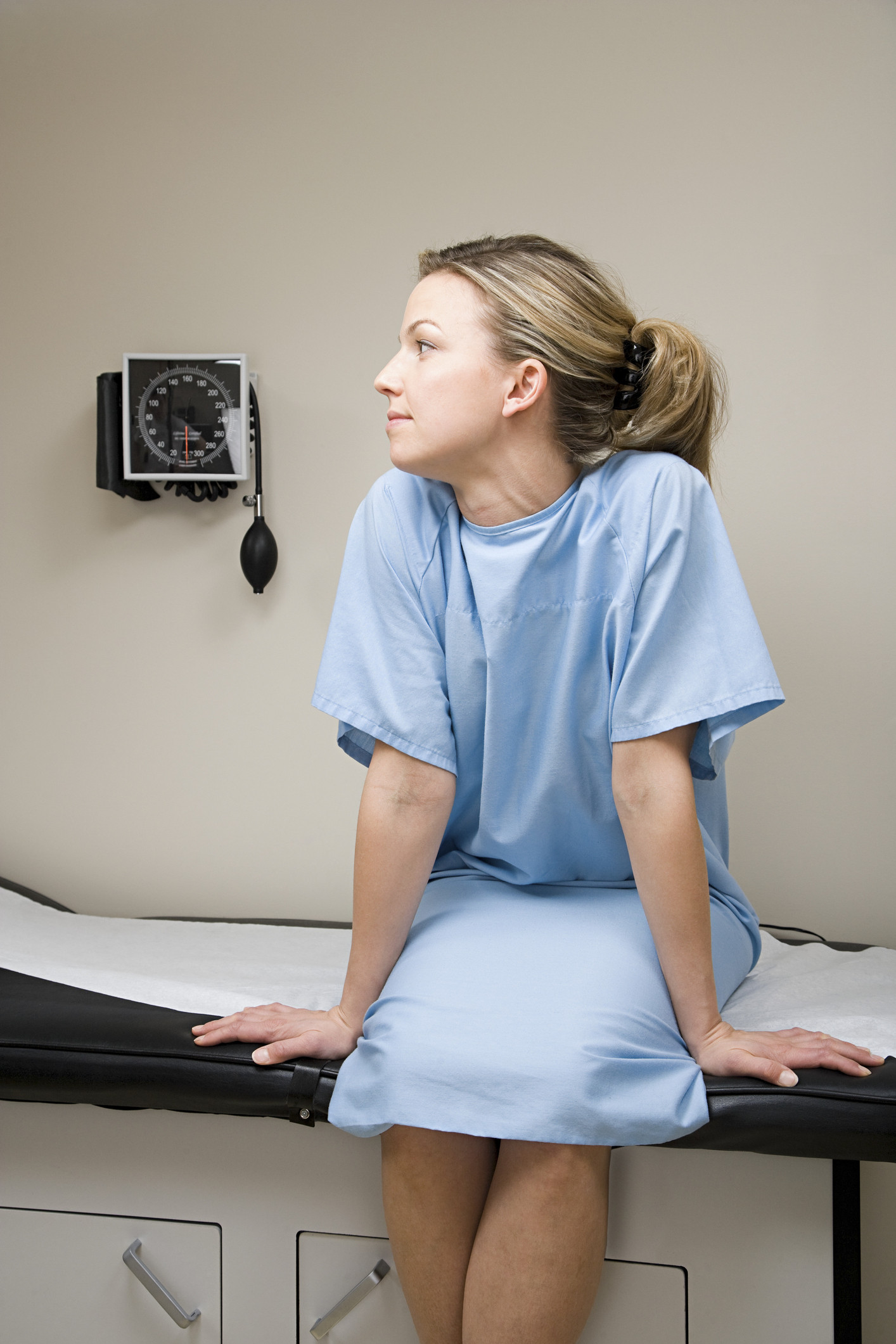
Counting steps is good — is combining steps and heart rate better?

Appendix pain: Could it be appendicitis?

Can saw palmetto treat an enlarged prostate?

How does Ozempic work? Understanding GLP-1s for diabetes, weight loss, and beyond

Zinc: What it does for the body, and the best food sources

Respiratory health harms often follow flooding: Taking these steps can help

Tips to leverage neuroplasticity to maintain cognitive fitness as you age

Can white noise really help you sleep better?

Celiac disease: Exploring four myths

What is prostatitis and how is it treated?
Women's Health Archive
Articles
By the way, doctor: What can I do about strep B vaginitis?
Q. I'm 61 and recently began to have a vaginal discharge. It's not itchy, but sexual intercourse is painful. My doctor diagnosed it as strep B vaginitis and prescribed amoxicillin, which helped. But the discharge returned within a week. What do you recommend?
A. Some vaginal discharge is normal. It helps to protect against vaginal infections and provides lubrication for the vaginal tissues. The discharge consists of vaginal skin cells, mucus, and fluid, as well as Candida (a type of yeast) and vaginal flora, the bacteria normally found in the vagina. Strep B, or group B streptococcus, is one possible constituent of the vaginal flora. Most of the time, vaginal flora and Candida co-exist peacefully. But a change in the balance and in vaginal pH (acidity) may result in vaginal inflammation, or vaginitis.
Did exercise cause my prolapsed bladder?
Ask the doctors
Q. I was recently diagnosed with a prolapsed bladder. The doctor said it could be due to too much exercise. I've been exercising for more than 40 years and wonder if this is more likely to be age-related. Should people worry about exercise causing this problem?
A. When the bladder drops down from the pelvis and protrudes into the vagina, it's said to be prolapsed. This condition, known as cystocele, is uncomfortable and can also cause urinary problems.
Do you need a thyroid test?
Undetected low levels of thyroid hormone may underlie subtle changes that can increase your risk of cardiovascular disease.
For a gland only two inches in size, the thyroid has a huge influence on our health. It produces a hormone that is carried in the bloodstream to all parts of the body. Thyroid hormone plays a major role in regulating metabolism—the process by which body cells convert nutrients into energy—and thereby helps regulate body temperature, heart rate, and even brain function. So when thyroid hormone levels fall, the body slows.
You're probably aware of the common symptoms of low thyroid hormone—fatigue, fuzzy-headedness, weight gain, cold hands, and dry skin. But if you're like most of us, you're likely to blame your diet and exercise regimen instead of your thyroid if your cholesterol levels and weight are creeping up, especially if you don't have any of the other symptoms of low thyroid. "Symptoms are often nonspecific, and since women over 60 generally have more of these nonspecific symptoms, their doctors may not think to test for hypothyroidism," says endocrinologist Dr. Jeffrey Garber, associate professor of medicine at Harvard Medical School and author of The Harvard Medical School Guide to Overcoming Thyroid Problems.

Counting steps is good — is combining steps and heart rate better?

Appendix pain: Could it be appendicitis?

Can saw palmetto treat an enlarged prostate?

How does Ozempic work? Understanding GLP-1s for diabetes, weight loss, and beyond

Zinc: What it does for the body, and the best food sources

Respiratory health harms often follow flooding: Taking these steps can help

Tips to leverage neuroplasticity to maintain cognitive fitness as you age

Can white noise really help you sleep better?

Celiac disease: Exploring four myths

What is prostatitis and how is it treated?
Free Healthbeat Signup
Get the latest in health news delivered to your inbox!
Sign Up










